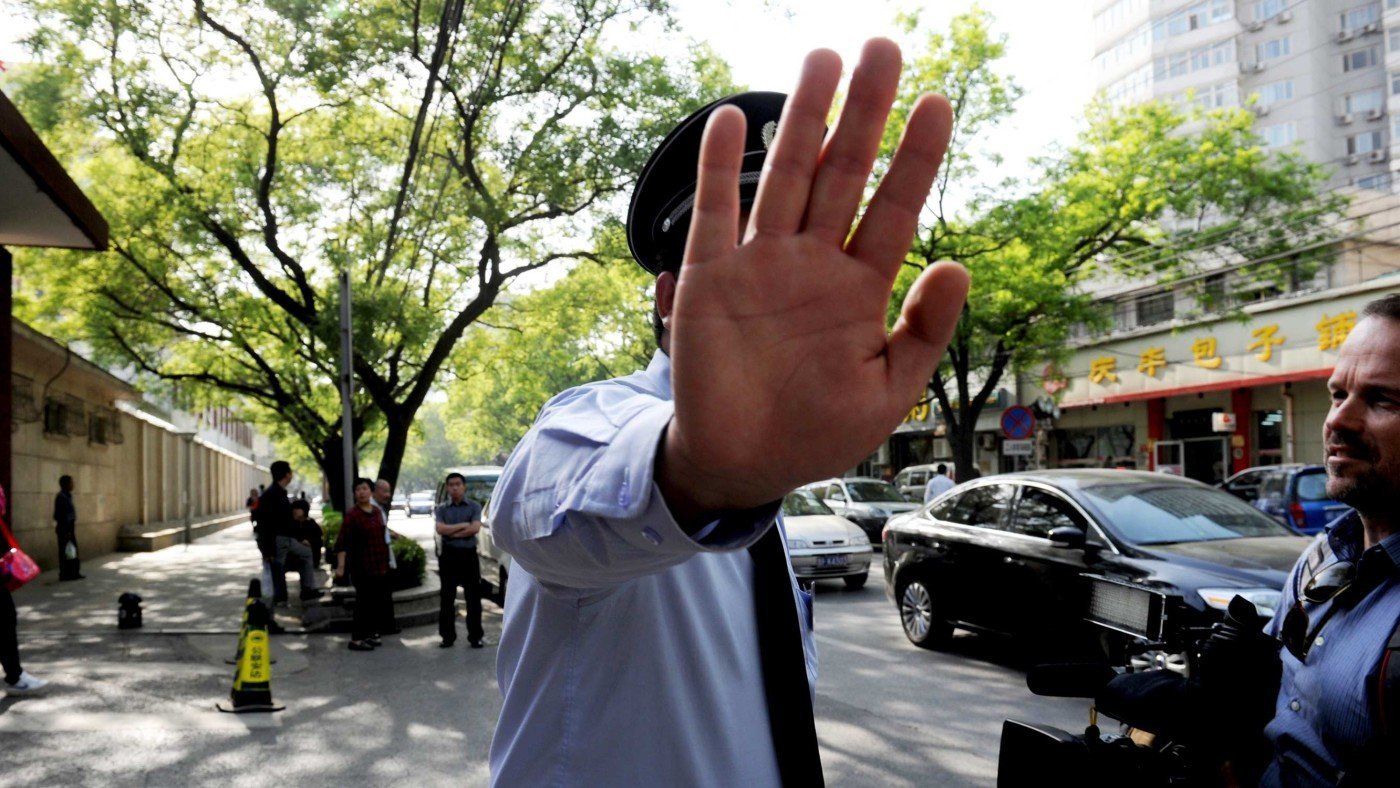We should evaluate China’s actions in light of their own rhetoric. During Chinese President Xi Jinping State visit to the United Kingdom last October, he said that: “All countries need to continuously improve and strengthen human rights protection to meet the needs of the time and the people.” He is right, but there is little sign that he is following his own advice.
New evidence has emerged that China is sending agents out of mainland China to target and kidnap pro-democracy activists. Foreign Secretary Phillip Hammond MP recently highlighted this grave issue in a statement which indicated that Hong Kong bookseller Mr Lee Po, a British Citizen has been “involuntarily removed” from Hong Kong to mainland China. He is one of five Hong Kong booksellers who have disappeared. This is in the words of the Foreign Secretary is a “serious breach” of the Sino-British joint Declaration, the document which China signed to safeguard liberties in of the people of Hong Kong. A CNN investigation which reads like a Le Carre novel shows that China has also been pursuing activists and booksellers beyond its borders in Thailand and Burma. They have disappeared with no explanation to family or friends, only to mysteriously reappear in custody in China with dubious stories explaining how this occurred.
Several foreign human rights activists have also been detained in China, most notably the Swedish activist Peter Dahlin, who was held for almost two weeks. This is unprecedented. The Swedish Embassy were denied access to him, and he was only released and deported after being paraded on national television and forced to apologise for having “hurt the feelings of the Chinese people”. While crackdowns and human rights violations have been well-documented in mainland China for decades, this marks a new and troubling departure in behaviour. As China increases in its influence on the world stage, it also seems to be escalating its assault on liberty and dissent.
This is the latest chapter in what many experts such as Bob Fu, President of ChinaAid, are describing as the worst deterioration in human rights in China since the Tiananmen Square massacre in 1989. Last July, a crackdown on government critics resulted in at least 300 lawyers, human rights defenders, their relatives and associates being rounded up.
The case of human rights lawyer Zhang Kai is particularly disturbing. I raised this in an Urgent Question in the House of Commons some months ago. The debate was well attended and MPs from all parties raised numerous concerns about human rights violations. There has however been no improvement of Zhang’s situation. He remains under “residential surveillance at a designated location” (a questionable, potentially six month long internment period) and has been denied access to his lawyers since his detention last August. On 28 January his family were told that Zhang had written a note dismissing his lawyers, and his lawyer received a note purporting to be from Zhang, informing him that he no longer required legal representation. However without access to Zhang, it is impossible to corroborate the truth or circumstances of this, and it is possible that these notes were either fabricated or forced. The treatment of Zhang (who is one of six similarly detained) along with the arrest of others is deeply concerning and shows that President Xi is failing against his own set of standards, outlined above.
Not only is freedom of speech under attack but more specifically freedom of religion and belief is also under threat. Since early 2014 over 1,000 church crosses in Zhejiang Province have been destroyed by local authorities, and in recent weeks several high profile religious leaders who have opposed the authorities’ actions or policies have been detained. Many of these have not been direct opponents of the regime, but merely critics of particular policies something which any healthy society should not be afraid of.
I want China and Britain to develop a good friendship. I share the British Government’s desire for a good trade relationship and I recognise the need for the UK and China to build a strategic partnership. However, this relationship should not be at all costs. Being a friend to China does not mean we resist speaking out when something is wrong. That is what real friends do. It is in all our interests to help China develop the rule of law, which is not the same as “rule by law”. A stronger China is one which is more open and pluralistic, and tolerates criticism of the state. It cannot be in our interests to turn a blind eye to these grave issues, or to stay silent in order to avoid offending Beijing. Many China experts argue that China would actually respect us more if we pursued a relationship in which we spoke up more publically on such issues.
Germany’s Angela Merkel visited China in October, met with human rights defenders and spoke out. The Dutch King raised human rights during his visit. It is perfectly possible to build a strong relationship with China and at the same time stay true to our own values and beliefs. We owe it to those who have been disappeared or detained to do so; we especially owe it to the people of Hong Kong given our historic obligations to the territory; and we owe it to ourselves, for it is in our interests to do so.


